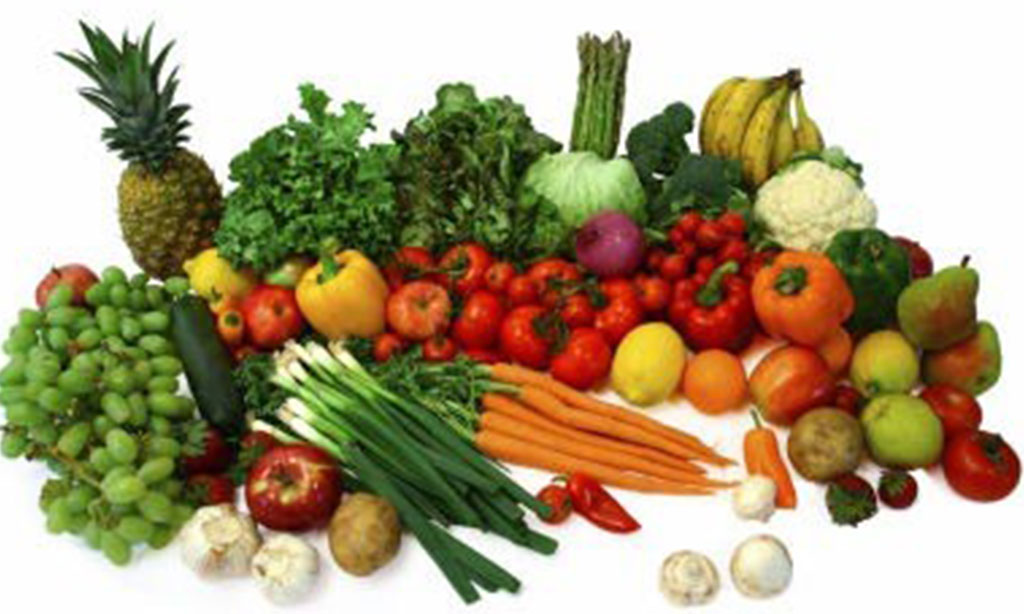Myth 1
Fasting makes you lose weight
Fact
In the short term, you will experience weight loss by fasting; however, depriving yourself of nutritious food actually impedes on weight loss as it not only removes fat, but also lean muscle and tissue. When you lose muscle mass, you decrease your basal metabolic rate, which is the amount of calories your body needs every day. Once your body adjusts to this fasting, it will require fewer calories than before, and when you stop crash dieting, you will regain the weight.
Myth 2
Eating late at night is more fattening
| Brown eggs vs. White eggs Many believe that brown eggs are more nutritious than white eggs However, according to the Egg Nutrition Council, “white shelled eggs are produced by hens with white feathers and white ear lobes and brown shelled eggs are produced by hens with red feathers and red ear lobes. There is no difference in taste or nutrition content between white and brown colored eggs.” |
Fact
Many fad diets claim that eating later in the evening causes your body to store more fat, resulting in weight gain. Several studies consisting of subjects that ate a large lunch and a small evening meal, and then a small lunch and a large evening meal during the next test round did not experience different results. Simply put: it’s not when you eat that counts, but the total amount of calories you consume in a day.
Myth 3
Low-fat foods ensure you lose weight
Fact
Low-fat or even fat-free labels don’t necessarily mean low calorie or calorie-free. Get in the habit of checking calorie content. Whenever you see “low-fat”, study where the calories are coming from—most likely, sugar.
Myth 4
Vegetarians can’t build muscle mass
Fact
Vegetarians can build muscle by obtaining sufficient protein from foods such as cheese, nuts, legumes, and soy-based products.
Myth 5
All fats are bad for you
Fact
For decades, people have avoided consuming fat in their diets when trying to lose weight. The truth is, we all need fat as fats aid in nutrient absorption. Some fats promote good health such as monounsaturated fats and polyunsaturated fats, while others are detrimental to your health such as saturated fats and trans fats.


